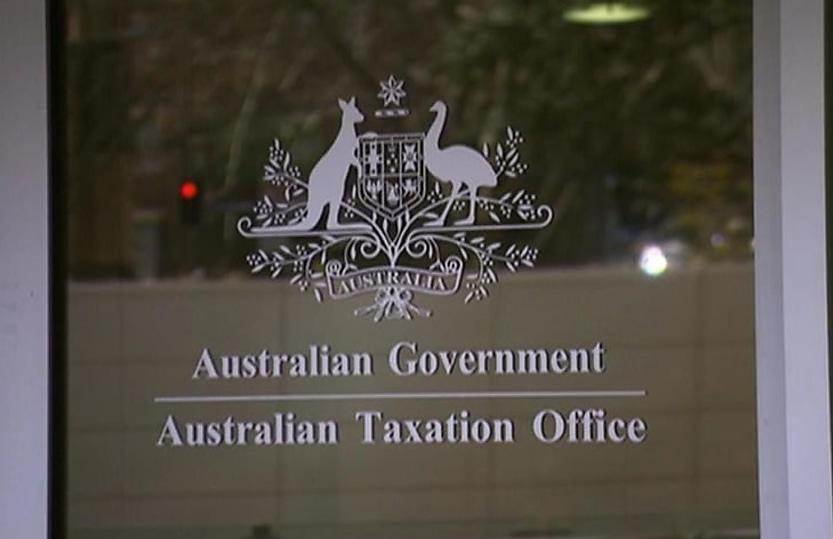ATO cracks down on advisers abusing tax breaks for start-ups

Advisers are exploiting the early-stage investor tax offset through dodgy circular financing arrangements, the ATO has warned in a recent alert.
The Tax Office is investigating advisers who exploit lucrative incentives designed to boost angel investment in start-ups, warning they could be referred to the TPB or be slapped with hefty new promoter penalty laws.
In a taxpayer alert on Wednesday, the ATO said advisers were encouraging investors and start-up owners to claim the early-stage investor tax offset using circular financing arrangements, despite the start-ups in question not qualifying for the scheme.
“These arrangements are being promoted by advisers as legitimate tax arrangements to both individual taxpayers and start-up companies seeking seed capital,” it said.
“Entities promote, orchestrate, and finance these schemes primarily for the individuals to obtain the tax offset, with the refunded offset shared with those entities.”
“We’re reviewing these arrangements to identify companies, tax agents and taxpayers involved and will take corrective action.”
Investors in “early stage innovation companies” (ESICs) can receive a 20 per cent non-refundable carry-forward tax offset, capped at $200,000 per investor each year.
They also receive a 10-year exemption on capital gains tax for investments held as shares in an ESIC for at least 12 months, as long as investors do not hold more than 30 per cent of that ESIC.
In TA 2024/1, released on Wednesday, the ATO said it was reviewing cases where individuals had improperly claimed the early-stage investor tax offset on shares acquired through tailored financing arrangements.
“These arrangements appear designed to artificially meet the conditions for claiming the maximum tax offset, allowing individuals to benefit with minimal (if any) risk on their investment,” the alert said.
“We are concerned that individual taxpayers may be entering into these arrangements under the mistaken belief that they are entitled to the tax benefits claimed.”
The ATO said promoters of the scheme typically lent investors funds to acquire shares in a start-up, only to recycle the money back to the promoters or restrict the start-up’s access to the funds.
The investor then claimed the tax offset and used the refund to partially repay the loan. At the end of the scheme, the investor retained a small stake in the start-up, often without having contributed any substantial capital.
The ATO said such schemes would not qualify for an early-stage investor tax offset under Division 360 of the ITAA 1997 for amounts received or entitled to be received by the issuing company, given the issuing company immediately after the time of share issue is not an ESIC.
Investors were also not entitled to claim general deduction for interest expense incurred on their borrowing under section 8-1 of the ITAA 1997 or a capital gains tax exemptions under section 360-50 of the ITAA 1997 when they disposed of their shares because they were not entitled to the tax offset.
“The ESIC investment arrangement is a scheme under section 177D of the Income Tax Assessment Act 1936 to which the general anti-avoidance provisions in Part IVA of the ITAA 1936 apply, and if the individual investor was entitled to early stage investor tax offset or general deduction, we would cancel the offset and deduction,” the ATO said.
The ATO also warned those involved in the scheme could be subject to heavy penalties under the new promoter penalty regime and be reported to the TPB.
“We take tax avoidance schemes very seriously,” the ATO said.
“Registered tax agents found to be promoting these arrangements may be referred to the Tax Practitioners Board to assess if there’s been a breach of the Tax Agent Services Act 2009.”
“Promoter penalty law changes that came into effect from July 2024 mean entities found to be promoting schemes could face significant penalties for each contravention of these laws.”
About the author

